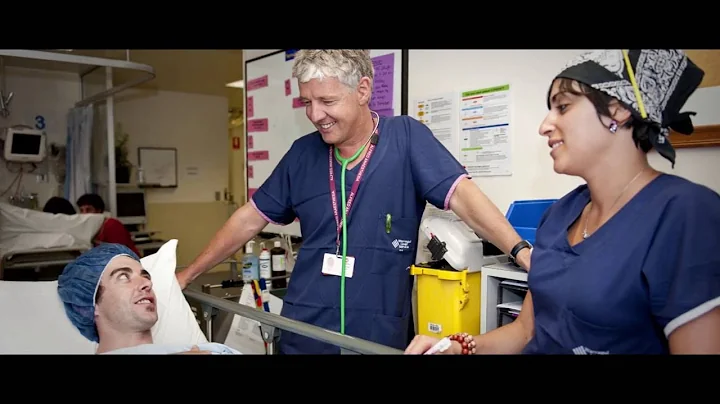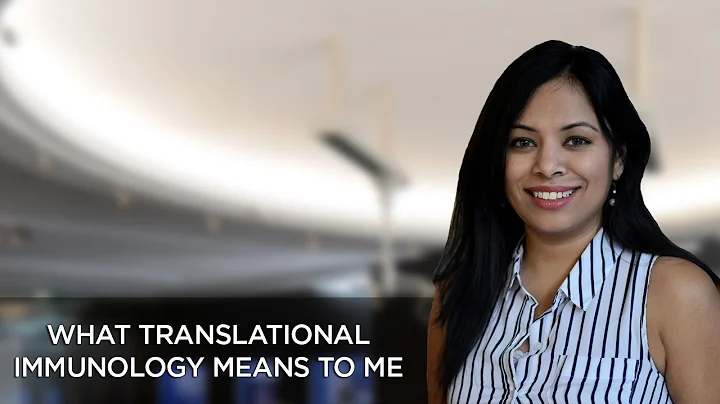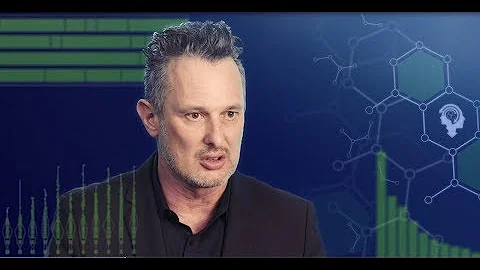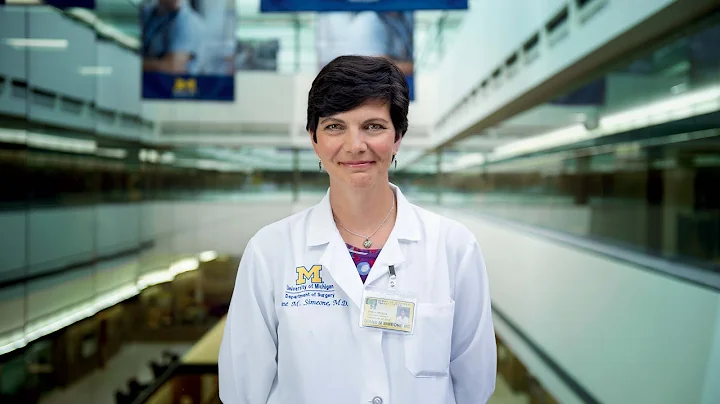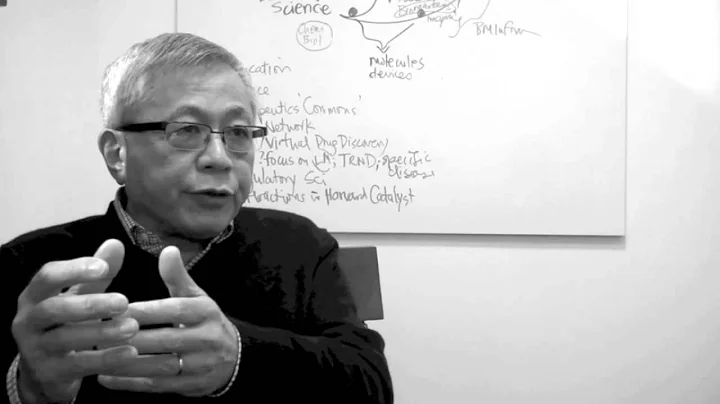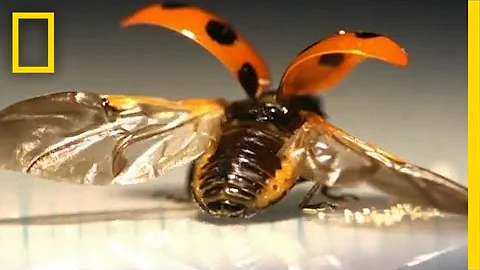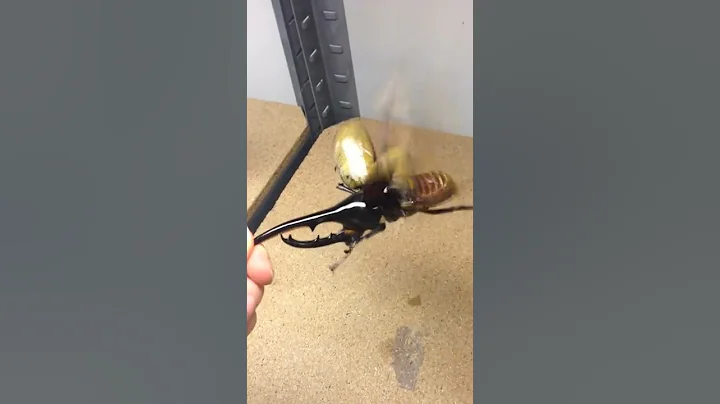

This article is original to the Translational Medicine Network. Please indicate the source for reprinting.
Author: Mia
Introduction: Cancer immunotherapy is transformative for some cancer patients. But for most patients, it has little effect, often because of T-cell exhaustion. Due to long-term exposure to persistent antigens or chronic inflammation, T cells gradually lose their effector functions and memory T cell characteristics begin to be lost, thereby greatly reducing the ability to eliminate cancer or pathogens. Recently, a research team developed a T cell exhaustion model and used gene editing technology to test which genes play the most critical role in triggering T cell exhaustion.
When faced with a powerful enemy for months on end, the immune system's T cells become fatigued. T cells, whether fighting cancer or chronic infections, become less and less effective over time, a phenomenon scientists call "T cell exhaustion." Now, researchers at the Gladstone Institutes and Stanford University have revealed the genetic switch that flips in exhausted T cells. In the process, they discovered how to prevent this immune exhaustion, an important step toward improving cancer immunotherapy. The paper was published on "Cancer Cell" .

https://www.cell.com/cancer-cell/fulltext/S1535-6108(22)00231-8
Author of the paper, Alex, Director of the Institute of Genomic Immunology at Gladstone-UCSF "These findings are exciting and provide us with potential ways to improve the ability of T cells to fight cancer cells over the long term," said Dr. Marson.
Grice, an assistant professor in the Department of Pathology at Stanford School of Medicine who led the study "Cancer immunotherapy is transformative for some cancer patients, but for the majority of patients, it has little effect," said Dr. Ansuman Satpathy, a core member of the Institute for Genomic Immunology at the University of California, San Francisco. The usual reason is T cell exhaustion. "
What makes T cells "tired"?
01
T cells in the human immune system are the frontline soldiers that identify, attack and direct the fight against foreign cells and molecules. They recognize enemies ranging from pathogens to cancer through unique receptors on their surface. When a molecule binds to a T cell receptor, it activates the T cell, which begins producing a variety of immune molecules. However, scientists have known that this response diminishes over time. When T cell receptors are activated for weeks or months, the cells gradually produce fewer immune molecules and are less effective at destroying cancer or pathogens. Julia Belk, the first author of the
paper and a graduate student at Stanford University, developed a T cell exhaustion model that can be used to study isolated immune cells in culture dishes . She showed that constant activation of isolated T-cell receptors closely mimics what happens around cancer.
The researchers then used CRISPR-Cas9 gene editing technology to change tens of thousands of genes in the cells. They tested which T cells showed more or less exhaustion than usual after continually activating the receptor. The aim was to identify which genes play the most crucial role in triggering T cell exhaustion.
Belk said: " This is the first genome-wide screen of genes involved in T cell exhaustion. The typical approach is to study one or two genes at a time, but our approach allows us to systematically test every gene in the genome at once." "

identifies the master switch
02
Researchers have long thought that T cell exhaustion might be driven by a handful of genes that end up permanently on or off after chronic receptor activation. But in recent years, studies of exhausted T cells have begun to suggest that these cells undergo more significant reorganization, with thousands of genes being turned on and off.
Genes linked to T-cell exhaustion discovered by Satpathy's group help support this idea.Among the most critical genes are epigenetic regulatory genes, which can reshape the physical structure of DNA and turn hundreds of genes on or off at the same time. These findings could explain how different exhausted T cells are from otherwise normal T cells. The
researchers conducted a detailed analysis of the epigenetic regulators identified in the data to understand how they interact and zeroed in on several particularly important genes. They then used CRISPR/Cas9 gene editing to start further studies in mouse models: by blocking individual genes in T cells to see what effects it would have.
Then they found that in mice with tumors in vivo, just 15 days after blocking the Arid1a gene, T cell levels increased and the tumor size became smaller. Furthermore, at the molecular level, the T cells in these mice were healthy, long-lasting immune cells rather than tired, inactive T cells. concludes that Arid1a depletion limits the acquisition of exhaustion-associated chromatin accessibility and improves anti-tumor immunity.
Pathways to Therapeutics
03
The team says more research is needed to better understand how altering epigenetic factors like Arid1a can impact cancer patients. "This research gives us a number of different targets to try to help T cells avoid exhaustion, thereby improving immunotherapy," said
Marson. "These findings could also inform improvements in treatments that help the immune system fight off chronic viral infections."
Reference:
https://medicalxpress.com/news/2022-06-scientists-exhaustion-cancer-fighting-cells.html
Note: This article is intended to introduce the progress of medical research and cannot be used as a reference for treatment plans. If you need health guidance, please go to a regular hospital.

Recommendations · Events
June 29, 15:00-17:30 Shanghai
After the epidemic, the opportunities and challenges of the in vitro diagnostic industry symposium
July 28, 09:00-17:30 Beijing
The 3rd Single Cell Sequencing Technology Application Forum
August 18-19, 09:00-17:30 Chongqing
The First Southwest Single Cell Omics Technology Application Forum
September 15-16, 09:00-17:30 Shanghai
The 3rd Yangtze River Delta In Vitro Diagnostic Industry Forum
October 14-16th 09:00-17:30 Shanghai
The 4th Shanghai International Cancer Conference
